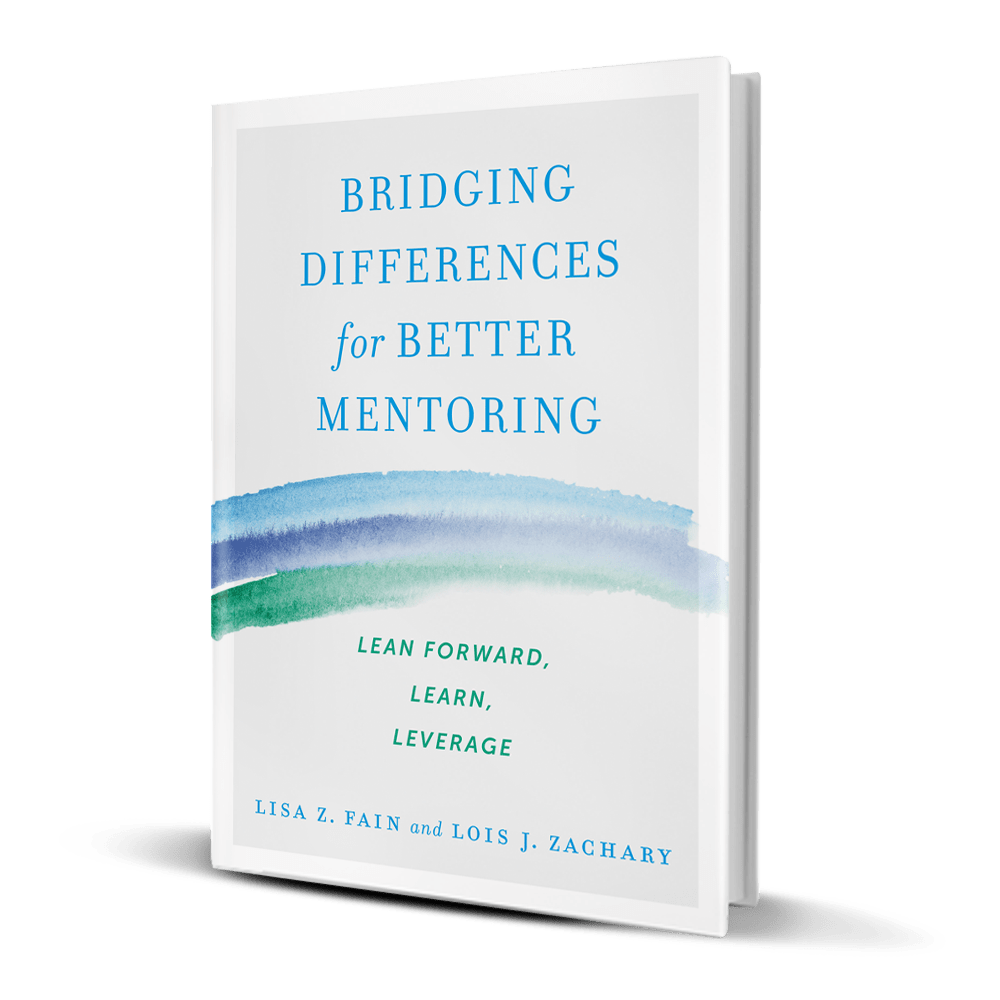This Week for Faculty: Calling all mentors of graduate students and postdocs!
National Mentoring Month may be coming to a close but we are only getting started! The Office of the Provost and the Center for Teaching and Learning invite Columbia faculty mentors of graduate students and postdocs to engage in an exciting line-up of offerings.
 Mentoring Monday Conversations
Mentoring Monday Conversations
60-minute monthly conversations on mentorship practices, 12:00-1:00pm (online)
Join the CTL and colleagues for the first of a series of monthly Mentoring Monday Conversations on February 6 to discuss your mentorship practices, brainstorm solutions to mentoring challenges, and explore what can be learned by reading excerpts from the book Bridging Differences for Better Mentoring: Lean Forward, Learn, Leverage (Fain and Zachary, 2020)!
Each month will explore a different theme. Register for as many conversations as you would like:
- February 6: Assumptions and Expectations – Register
- March 6: Mentoring and Mental Health – Register
- April 10: Addressing Challenging Moments – Register
- May 1: Building Trust and Giving Feedback – Register
Register for a conversation and receive a copy of Bridging Differences for Better Mentoring: Lean Forward, Learn, Leverage. Please complete the request form to receive a copy of the book or access the ebook version available through Columbia Libraries.


Everything is Fine!: Mentoring to Support Graduate Student Mental Health
March 1, 2:00-4:00pm (Online: livestream of theatrical case studies followed by facilitated discussion; note: this event will not be recorded) – Presented by the University of Michigan’s Center for Research on Learning & Teaching (CRLT) Players
Through a dramatized series of conversations between graduate students and their advisors acted out by the CRLT Players from the University of Michigan Center for Research on Learning and Teaching (CRLT), Everything is Fine!: Mentoring to Support Graduate Student Mental Health explores the impact of structural and interpersonal issues on graduate student mentoring. To examine challenges related to mental health, depicted scenarios include candid peer-to-peer discussions of personal and academic challenges as well as more formal advisor-mentee meetings. This piece also takes into account the additional challenges presented by the COVID-19 pandemic to graduate student mentoring. Audiences will engage with the performance by thinking through strategies to improve their relationships with their mentees via facilitated discussion.
About the CRLT Players
CRLT Players sessions use theatrical case studies to highlight the ways that lived experiences in higher education differ based on social identities and existing systemic inequities. The paired facilitated discussions ask participants to consider approaches for disrupting problematic behaviors and increasing equity in various institutional contexts. The Players company is made of performers, directors, practitioners, musicians, playwrights, and educational developers. They work to make institutions of higher education more equitable and inclusive spaces for the people situated in them.
Three mentoring tips as you start a new semester
1. Reflect on your mentorship practices. A new year is a great time to reflect back on your mentoring relationship and set intentions for the new semester. Consider what worked well and what can be improved in the mentoring relationship. Join the CTL to engage in ongoing reflection during Mentoring Monday Conversations. Find community and connect with and learn from colleagues.
2. Revisit your mentee’s goals. Have a conversation with your mentee about their short-term goals for the Spring 2023 semester. These goals should help your mentee make progress toward their longer-term academic and professional goals.
3. Reset boundaries as needed and discuss your mentoring agreement. The start of a new year and a new semester is a great opportunity to set productive boundaries and manage expectations. Reflecting back on your mentoring relationship in the fall semester and any feedback received, revise the co-constructed mentoring agreement, making any mutually agreed changes to communication methods; meeting frequency, duration, and modality; and ways to expand the mentee’s mentoring network.
The CTL is here to help!
Office Hours
Join us for office hours via Zoom (or phone) Monday-Friday, 9:00am-5:00pm to have your teaching with instructional technology questions answered.
Consultations
Schedule an in-person or virtual consultation to discuss any teaching, learning, and mentoring needs by emailing ctlfaculty@columbia.edu or email the CTL Learning Designer assigned to your school or department.